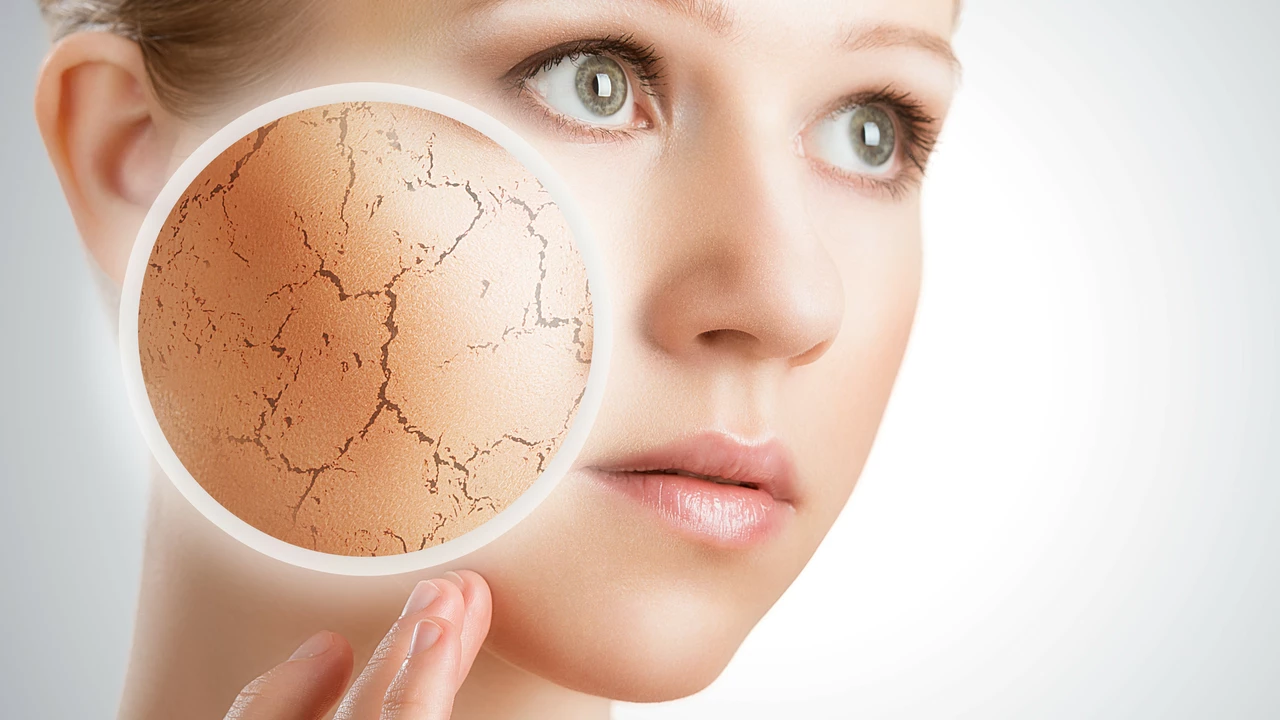Alright, friends, let's dive into the deep end of the estrogen pool and splash around some skin health knowledge. First off, estrogen doesn't make your skin greasy like a fast-food fryer, but it actually helps keep it plump and youthful. And no, too much estrogen won't make you grow a second head, but it can indeed impact skin health. The magical hormone can also help heal wounds, so it's like your skin's very own superhero. In short, estrogen may be the secret sauce to radiant skin, so let's debunk those myths and misconceptions, one skincare routine at a time!
Estrogen: What It Does, When to Test, and How to Manage
Estrogen is more than a female sex hormone. It helps bones stay strong, affects mood, controls the menstrual cycle, and even influences cholesterol. Men and women both have estrogen — just at different levels. Knowing when it’s too high or too low can change how you feel every day.
So how do you tell? Look for clear clues: irregular periods or hot flashes often point to low estrogen in women of reproductive age. Fatigue, low libido, and vaginal dryness are common during menopause. High estrogen can show up as heavy bleeding, breast tenderness, bloating, or mood swings. Men may notice breast growth or sexual changes if estrogen is unusually high.
Testing and practical steps
Ask your clinician for an estradiol blood test if symptoms affect your life. Timing matters: for premenopausal women, the day of the cycle changes results — usually test in the early follicular phase (days 2–5) unless your doctor says otherwise. Labs report numbers, but symptoms and medical history matter more than a single reading.
Lifestyle changes help. Maintain a healthy weight, cut back on alcohol, sleep regularly, and move daily. These steps support hormone balance and reduce symptoms. Diet doesn’t flip a switch, but prioritize whole foods, fiber, and enough protein — they help clear excess hormones and support energy.
Treatment options and safety tips
Hormone therapy can work wonders for severe symptoms. Options range from low-dose vaginal creams for dryness to systemic pills or patches for hot flashes and bone protection. Patches and gels often carry less risk of blood clots than oral pills. Your doctor will weigh benefits against risks like blood clots, stroke, or certain cancers based on age and health history.
Some medicines directly affect estrogen. Aromatase inhibitors (like letrozole) lower estrogen and are used in breast cancer treatment. Tamoxifen blocks estrogen receptors and acts differently. Fertility drugs such as clomiphene (Clomid) interact with estrogen signaling, too. Tell your provider about all meds before starting or stopping treatments.
Supplements can help but use caution. Calcium D-glucarate supports estrogen clearance in the liver for some people, but evidence varies. Avoid high-dose herbal mixes without guidance—some herbs mimic estrogen and can interfere with medication or cancer risk tracking.
When to seek help now: sudden heavy bleeding, severe chest pain or leg swelling, or new lumps in the breast need immediate attention. For everyday hormone questions, a primary care doctor, gynecologist, or endocrinologist can guide testing and treatment. Small changes—timed testing, safer delivery methods, and lifestyle moves—make a big difference for how you feel.

